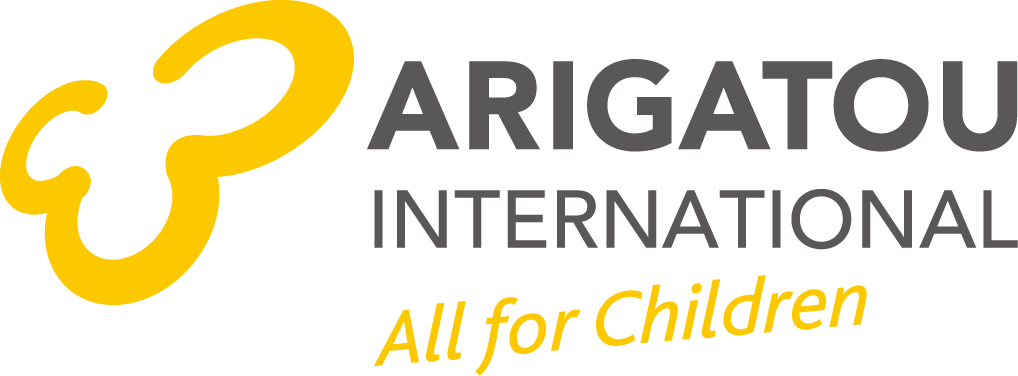This year’s theme for the International Women’s day is I am Generation Equality. This is also a campaign, spearheaded by UN Women aimed at having a generation of Men and women – boys and girls who speak up for themselves and seize the moment to reimagine economies, societies and political systems that can uphold human rights and achieve gender equality, leaving no one behind. This campaign demands for, among other needs, an end to sexual harassment and all forms of violence against women and girls, and equal participation in political life and decision-making in all areas of life.
The theme for this year’s Women’s Day celebration stems from the Beijing Declaration and Platform for Action adopted in 1995 at the Fourth World Conference on Women in Beijing, China. The Beijing Platform for Action is recognized as the most progressive roadmap for the empowerment of women and girls, everywhere. At the end of the conference, 189 governments committed to taking strategic, bold action in 12 critical areas of concern: poverty, education and training, health, violence, armed conflict, economy, power and decision-making, institutional mechanisms, human rights, media, environment and the girl child.This declaration has since formed the hallmark for other global and regional frameworks, treaties and charters towards realizing the rights of women and girls. A good example is Protocol to the African Charter on Human and Peoples’ Rights on the Rights of Women in Africa, famously known as the Maputo Protocol, adopted in Maputo, Mozambique in 2003. This charter covers a broad range of women’s rights including: the elimination of discrimination against women, the right to dignity, the right to life, the protection of women in armed conflicts, the right to education and training, economic and social welfare rights.
The Maputo Protocol has been operationalized by both state and non-state actors across Africa, as the blueprint towards elimination of Gender Based Violence (GBV). Part of this actor is the African Children and Youth Network for Human Rights /Réseau des Enfants et Jeunes Africains pour les Droits Humains (REJADH). REJADH constitutes children and youth between 13 – 29 years and covers 5 countries including; Burundi, Democratic Republic of Congo, Mali, Somalia and South Sudan. This network has been advocating for reduction and prevention of GBV through the Myth of Maputo Campaign. This Campaign calls for the ratification and full implementation of the Maputo Protocol as a way to secure the rights of women and girls in Africa.
The work of REJADH is well aligned to the global campaign – I am Generation Equality. This is because REJADH, through their Myth of Maputo campaign, anchored on the Maputo Protocol seeks to realize gender equality through advocacy for the rights of women and girls, as envisioned in the Beijing declaration. REJADH has used advocacy, lobbying, partnerships and social media campaigns in the 5 countries for four years. In 2019 alone, REJADH reached over 2000 children and youth and over 10,000 online subscribers.In this view, REJADH is rightfully placed not only to mark this year’s International Women’s Day through the I am Generation Equality theme but also as one of those bodies contributing to the success of this theme. REJADH is closer to the I am Generation Equality theme by the fact that most of the members in the network were born around the time (1995) when the Beijing Declaration was instituted.
At Arigatou International – End Child Poverty, we support and partner with REJADH in eradicating GBV and ensuring human rights for children. We believe that GBV is a driver of child poverty and in order to end child poverty in all its forms, we need to also end GBV. We therefore share in the theme – I am Generation Equality.
The post REJADH – Generation Equality appeared first on End Child Poverty.
